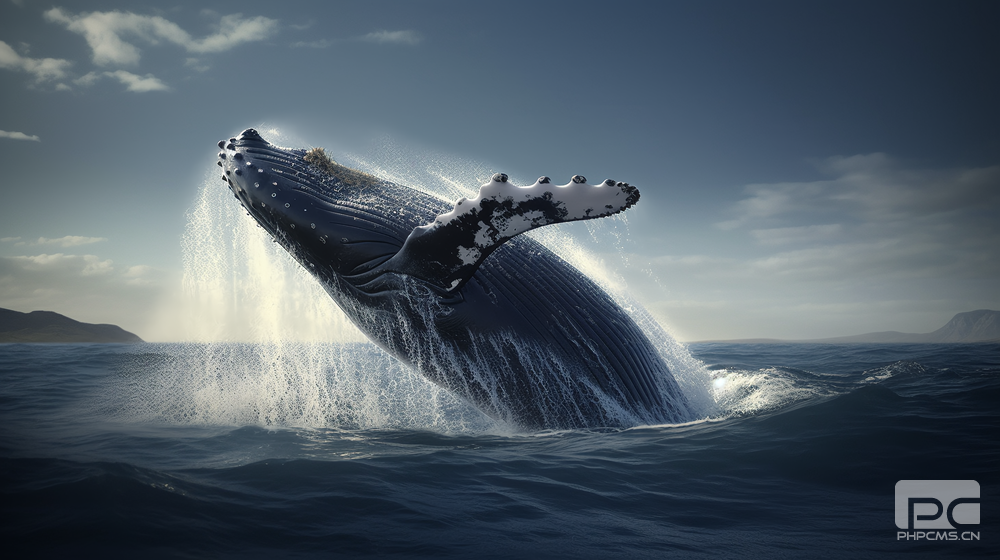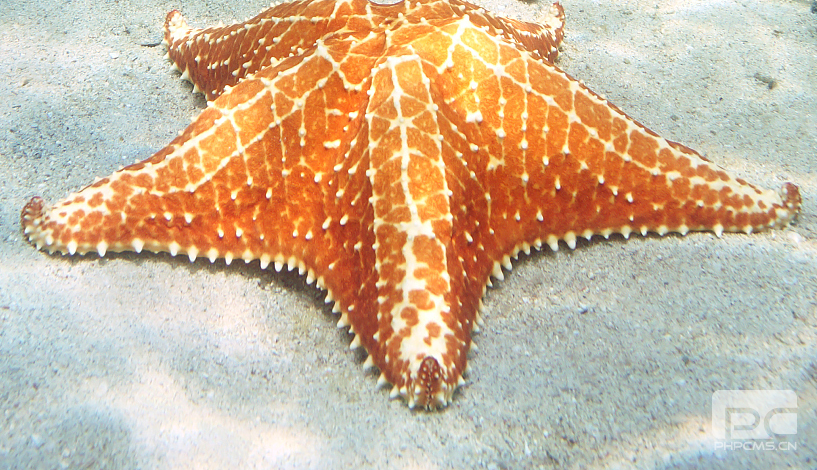November 14, 2023 – In a landmark environmental initiative, the Caribbean island of Dominica has declared the world's first marine protected area specifically dedicated to the endangered sperm whale. Spanning nearly 300 square miles of the island's western waters, this reserve is a pioneering effort in marine conservation.
Prime Minister Roosevelt Skerrit emphasized the goal of the reserve: safeguarding these intelligent creatures and contributing to the health of the oceans and climate. The designated area is a critical habitat for nursing and feeding, vital for the species' survival.
Prime Minister Roosevelt Skerrit emphasized the goal of the reserve: safeguarding these intelligent creatures and contributing to the health of the oceans and climate. The designated area is a critical habitat for nursing and feeding, vital for the species' survival.

The reserve's significance extends beyond whale protection. Scientists, including Shane Gero of the Dominica Sperm Whale Project, highlight its role in combating climate change. Sperm whales, particularly abundant in this region, contribute to the ocean's ability to sequester carbon. Their nutrient-rich waste promotes plankton growth, which absorbs atmospheric carbon dioxide and deposits it on the ocean floor.
Curiously, Dominica's sperm whales exhibit higher defecation rates compared to their global counterparts, a phenomenon Gero believes may be linked to their diet or the abundance of prey.
Protecting these creatures is crucial, as their populations are vulnerable. Less than 500 individuals inhabit the waters around Dominica, part of a group that roams the Lesser Antilles. Historically, these whales faced threats from whaling, ship strikes, and environmental degradation. From a pre-whaling population of approximately 2 million, only around 800,000 sperm whales remain globally.
The Dominica government's plan for the reserve includes sustainable fishing practices and shipping lane delineations to prevent whale casualties. This approach balances environmental conservation with local livelihoods and international maritime activities.
Prime Minister Skerrit's administration plans to enforce strict whale tourism regulations, allowing limited and respectful human interaction with these majestic animals. This initiative has garnered praise from international conservationists, including Enric Sala of National Geographic, who lauds Dominica for recognizing sperm whales as integral to its natural heritage.
The creation of this marine reserve marks a significant step in acknowledging and addressing the intricate links between marine life and global ecological health. Dominica's groundbreaking effort serves as a model for conservation and a testament to the profound impact of thoughtful environmental stewardship.




Copyright © 2023.Yooke studio All rights reserved.
PKWEEKLY NEWS











